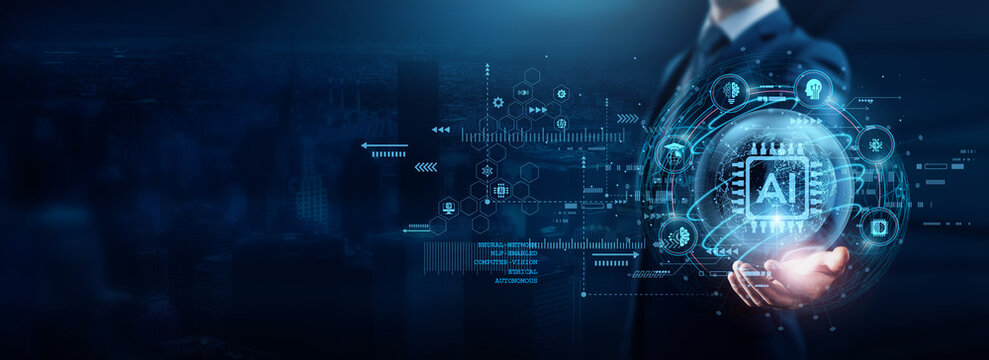

By Asmita - Aug 07, 2025
OpenAI CEO Sam Altman reflects on the power of ChatGPT-5, drawing parallels to the Manhattan Project and highlighting concerns about AI surpassing human intelligence. Altman emphasizes the rapid evolution of GPT-5 and the lack of adequate governance in AI development, raising questions about safety, ethics, and societal impacts. The technology promises significant advancements but also prompts caution about potential disruptions to human norms and institutions.

AI via Adobe Stock
LATEST
OpenAI CEO Sam Altman recently shared a striking reflection on the power of ChatGPT-5, OpenAI’s forthcoming AI model, likening its impact to the Manhattan Project, the World War II initiative that developed the atomic bomb. During a podcast appearance on "This Past Weekend" with Theo Von, Altman described feeling "useless" when GPT-5 effortlessly solved complex problems that even he could not address himself. This moment led to a profound personal realization about the unprecedented cognitive capabilities emerging in AI technology, highlighting a milestone where AI might soon surpass human intelligence in meaningful ways.
Altman emphasized the unsettling speed and transformative potential of GPT-5, saying it "feels very fast," not just in raw performance but in how quickly AI is evolving beyond current human understanding and control. He drew a powerful analogy to the Manhattan Project, pointing out moments in science when creators stare at their inventions and ask, "What have we done?". This rhetorical question reflects Altman’s concern that humanity is rapidly producing technologies whose broader social, ethical, and existential consequences are not yet fully comprehended or managed, echoing the historic unease of scientists who developed the atomic bomb.
Beyond technical achievement, Altman expressed a deeper anxiety about the absence of adequate governance and oversight in AI development. He remarked that "there are no adults in the room," indicating that regulatory frameworks and institutional controls are lagging behind the pace of innovation. This lack of mature oversight raises important questions about safety, ethics, and societal impacts as AI systems become more powerful and autonomous, potentially challenging existing social orders and human roles. The AI community and policymakers face urgent challenges to catch up with the rapid advancements exemplified by GPT-5.
In terms of capabilities, GPT-5 promises significant leaps beyond its predecessor, GPT-4, including enhanced multi-step reasoning, longer contextual memory, and improved multimodal understanding. Although exact specifications remain under wraps, the internal excitement—and wary respect—from OpenAI’s leadership signals a major leap forward. Altman’s candid description of his experience with GPT-5 signals that the technology could profoundly change how humans work, create, and solve problems, but also raises caution about its potential to disrupt fundamental human assumptions and institutions.